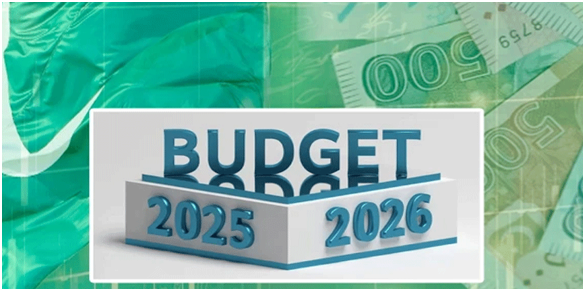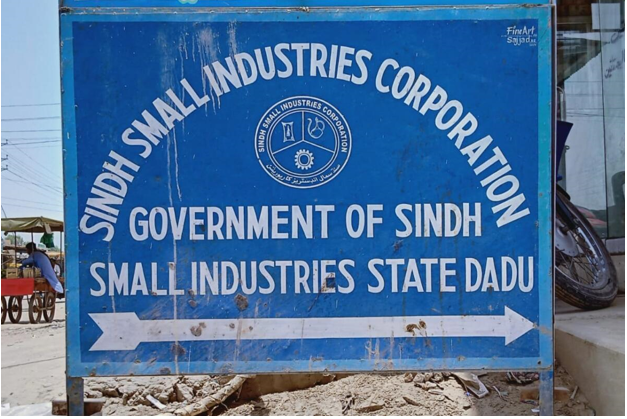i INP-WEALTHPK
Ahmed Khan Malik
The Sindh government is working on a comprehensive package of fiscal incentives for small industries in the budget for the next fiscal year.

The proposed measures aim to stimulate growth in the small and medium enterprise (SME) sector, a backbone of Sindh's economy, by reducing costs, increasing access to finance, and improving industrial infrastructure. “The Sindh government has recognised that the long-term prosperity of the province relies heavily on the health of its SME sector,” Mustafa Samejo, Director of Industries, told WealthPK.
He said that small industries, which include manufacturing units, agro-based businesses, handicrafts, and tech startups, contribute significantly to employment, innovation, and exports. “However, they often struggle with limited financial access, outdated technology, and high compliance costs.”

He said that the budget will prioritise SME-friendly policies. “These include tax breaks, subsidised utility rates, and reduced regulatory barriers. The new budget will allocate special funds to promote industrialisation in underdeveloped districts, with a particular focus on women-led enterprises and green technology startups.”
Samejo said that small businesses with turnover under a certain threshold may receive exemptions from provincial sales tax and excise duties. “This move is designed to improve cash flow and encourage informal enterprises to register with tax authorities, thus broadening the tax base overtime,” he said.
He said that the government is working with banks and microfinance institutions to launch targeted credit lines for small industries. “These loans will come with lower interest rates and grace periods, allowing entrepreneurs to invest in equipment, inventory, and expansion without immediate financial strain.”
“SMEs in select sectors — such as food processing, textile manufacturing, and IT — could be eligible for direct subsidies or matching grants. These will help them upgrade technology, train labour, and achieve quality certifications needed to compete in domestic and international markets,” he said. Samejo said to complement fiscal measures, Sindh plans to expand and improve industrial estates in key areas like Karachi, Hyderabad, Sukkur, and Larkana.
“These estates will feature affordable plots, shared facilities (like warehousing and testing labs), and uninterrupted power supply. The goal is to lower the cost of doing business and provide a conducive ecosystem for small manufacturers,” he added.
“The budget will also include infrastructure development in rural and peri-urban areas to enhance connectivity between production zones and markets. Improved roads, digital networks, and logistic hubs are expected to benefit rural entrepreneurs, especially those in agro-based value chains,” Samejo noted.
“Recognising the global shift towards digital business models, the budget may provide incentives to SMEs to adopt digital tools for accounting, inventory, marketing, and payments,” he said. “In addition, the government plans to partner with academic institutions and industry associations to offer skill development programmes tailored to small business needs.
These initiatives aim to address the skill gap and promote innovation across various sectors,” the director said. Samejo said that the Sindh government’s planned fiscal incentives for small industries represent a proactive step toward inclusive and sustainable economic development. “The success of these initiatives will ultimately depend on execution, monitoring, and ongoing engagement with the SME sector to ensure that policy solutions match ground realities,” he added.
Credit: INP-WealthPk



